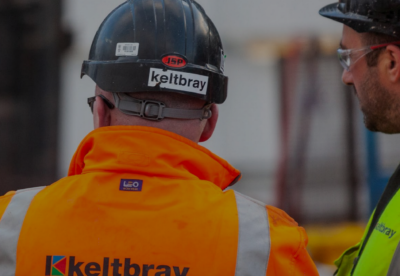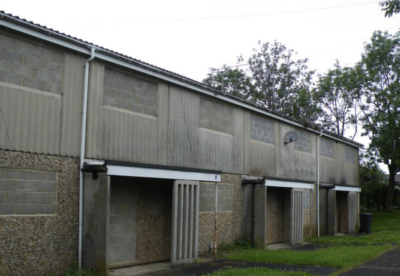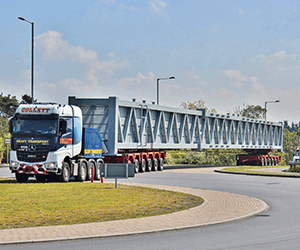The legislation will enact government plans to give the Highways Agency more commercial freedom by turning it into a government company and introduce more planning reforms to speed up development.
The Queen’s Speech marks the formal start of the parliamentary year and sets the proposed government agenda for the session running up to the forthcoming General Election.
Katja Hall, CBI Deputy Director-General, said: “The Government has talked a good game on infrastructure but the pace of delivery has been sluggish.
“Improving the pre-application phase of the planning process and moving towards a one-stop-shop for planning consents, should help to streamline the system and get much-needed projects over the start line and onto the home straight.
“But more than anything else we need to see bold political will to achieve this.
“Transforming the Highways Agency into a Government-owned company, with flexible five year budgets, would stop it from getting bogged down in stop-start cycles and enable it to act more strategically and deliver improved road networks.”
The new Infrastructure Bill will also exempt small building sites from meeting the Government’s zero carbon housing targets for 2016.
And major house builders will be allowed to buy their way out of building homes to zero carbon standard as legislation is introduced for allowable solutions.
Builders only have to meet Level Four of the new Code for Sustainable homes, rather than Level Five, which is the accepted standard for zero carbon homes.
This allows house builders to offset the remaining carbon within a new build home after everything possible has been done onsite.
The move effectively means builders can fulfil their obligations by building a home with emissions 44% lower than 2006 levels and then contributing to green schemes at a rate of between £38 and £90 per tonne of carbon.
Brian Berry, chief executive of the Federation of Master Builders, said the zero carbon exemption would create more local homes.
“The FMB has been warning for some time that the rapid implementation of the zero carbon homes policy is threatening to deluge smaller house builders in a tsunami of costs that hinder their ability to build.”
“Proposals to help ease the transition for smaller developers would be a smart move and would safeguard against the policy impacting on the delivery of much-needed new homes.”`

 (590 × 200px) - Dec 24.gif)










































 MPU 300_250px.gif)






.gif)


